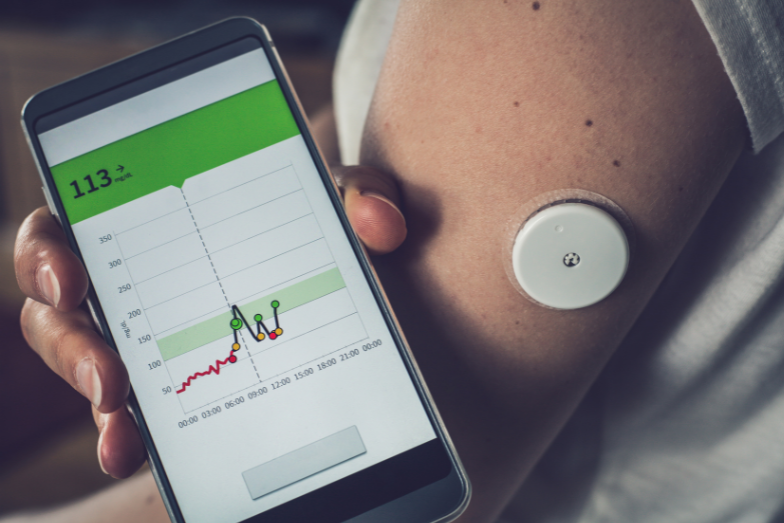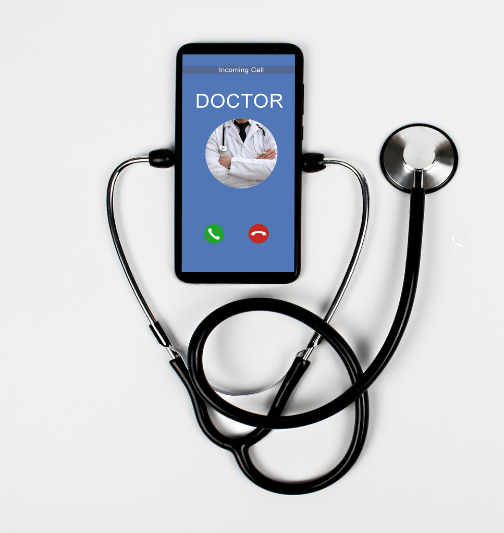
Overview of Key Issues Going into 2023
Earlier in 2023, we predicted that the healthcare industry would see more personalization and prevention options for patients [1]. Some key issues included a bias towards minority groups, the lack of patient engagement, and the need for improved collaboration between providers and patients. This article goes over the progress that has been made so far and the new technologies that have been implemented.
Expansion of AI During 2023
We predicted that AI will continue to analyze larger amounts of data to make meaningful predictions that assist doctors with making crucial decisions [1]. This will allow patients to obtain more personalized treatment plans that can be modified due to their personal goals and lifestyles. One technology that accomplished this was an AI tool that allowed doctors to provide personalized treatment for patients with dementia [2]. This allowed factors such as lifestyle and genetics to be included in the decision-making process and allowed patients to receive personalized and precise treatment options [2]. This AI tool can detect the underlying cause of dementia-related symptoms from a patient’s medical health history [2]. The AI tool then sends the doctor a report for the most effective method of treating these symptoms. This could include a change in medicine or an adjustment in lifestyle factors [2].

Therefore, progress has been made to provide patients with more personalized options through the use of AI. There’s still a lot more that needs to be done to provide better treatments for those with chronic conditions. However, by the end of 2023, we should be even closer to reaching that goal through the use of AI.
Expansion of Telehealth in 2023
For telehealth, we predicted improvements in security features that protect sensitive patient data [1]. Telehealth was also expected to promote healthcare-related services for patients remotely so they could achieve long-term healthcare goals without the need for constant visits [1]. One key issue was the ability to better manage chronic conditions for patients. One telehealth solution was able to monitor patients with high-risk chronic diseases from the comfort of their homes [3]. The program is used in between in-person visits and provides a way for patients to receive regular telehealth visits with their care team [3]. The program allows patients to monitor and manage their conditions and leads to decreased hospitalization rates [3]. One major benefit of the program is that patients can receive multiple check-ins for the weeks as needed and can address issues with vital signs [3]. This allows doctors to be responsive in real time.

More work is still needed to increase security and privacy features associated with telehealth, however, telehealth has been working to manage long-term health conditions for patients. Furthermore, we still have a long way to go in combining telehealth with AI and other technologies in 2023.
Remote Patient Care & Wearables Advance in 2023
For remote patient care and wearables, we predicted the union between telehealth services and remote care [1]. This means that patients at risk for higher than-normal vitals will be monitored and alerted when worsening symptoms are detected. This can help providers receive real-time updates so they can manage changes in diseases and treatments. One technology was a wearable patch that could accurately monitor 11 health signals from patients [4]. This allows patients to receive continuous monitoring and could be used to track signs related to different diseases or even drug dosage [4]. The technology could also be used with AI so that patients with cardiac conditions can receive consistent monitoring [4]. Overall, this wearable is an effective way to monitor multiple different vitals in a non-invasive way and can be used to measure speech levels, physical movements, and more [4].

Precision Health Collaborations in 2023
For precision health, we predicted that increased genetic information would be implemented to determine the success rate of a given treatment plan [1]. This will allow patients to make informed decisions about their health and can improve patient engagement. Currently, a new center was created that combined precision health with artificial intelligence to provide advanced treatment options to patients [5]. The purpose of this collaboration is to add more predictive analysis to the care plan through the use of AI and precision health [4]. Another goal is to improve privacy related to the use of AI and promote more equitable options for patients [4]. Although more technology is still needed, this collaboration between precision health and AI is a step in the right direction.
Increased Compatibility through Cloud Technology in 2023
Finally, for cloud technology in 2023, we predicted that large amounts of data would be securely stored and accessed by doctors so they can offer better healthcare solutions to patients [1]. Currently, cloud computing can share lab reports and notes between patients and doctors in real-time [6]. However, more work is still needed to increase compatibility between private and public sectors to promote this collaboration. Additionally, work still needs to be done to protect sensitive data that can harm patients’ safety and affect their privacy. This will likely involve more collaboration efforts and regulations between different sectors and companies.

HITS
HITS provides healthcare management services & works with doctors to develop health informatics tools that promote safe and secure care. We take pride in our services and settle for nothing other than 100% quality solutions for our clients. Having the right team assist with data sharing is crucial to encouraging collaborative and secure care. HITS also focuses on transforming health care by analyzing integrated medical solutions and evaluating information systems. Our goal is to enhance individual and population health outcomes, improve patient care, and strengthen the clinician-patient relationship.
References
- https://healthinformationtechnologysolutions.com/advances-in-healthcare-predictions-for-2023/
- https://www.foxnews.com/health/ai-tool-gives-doctors-personalized-alzheimers-treatment-plans-dementia-patients
- https://news.vumc.org/2023/06/15/program-keeps-close-watch-on-high-risk-home-health-patients/
- https://www.mobihealthnews.com/news/anz/monash-developed-ai-wearable-patch-monitors-multiple-health-signs
- https://healthitanalytics.com/news/dartmouth-launches-center-for-artificial-intelligence-precision-medicine
- https://www.medicaldevice-network.com/comment/microsoft-healthcare-cloud/